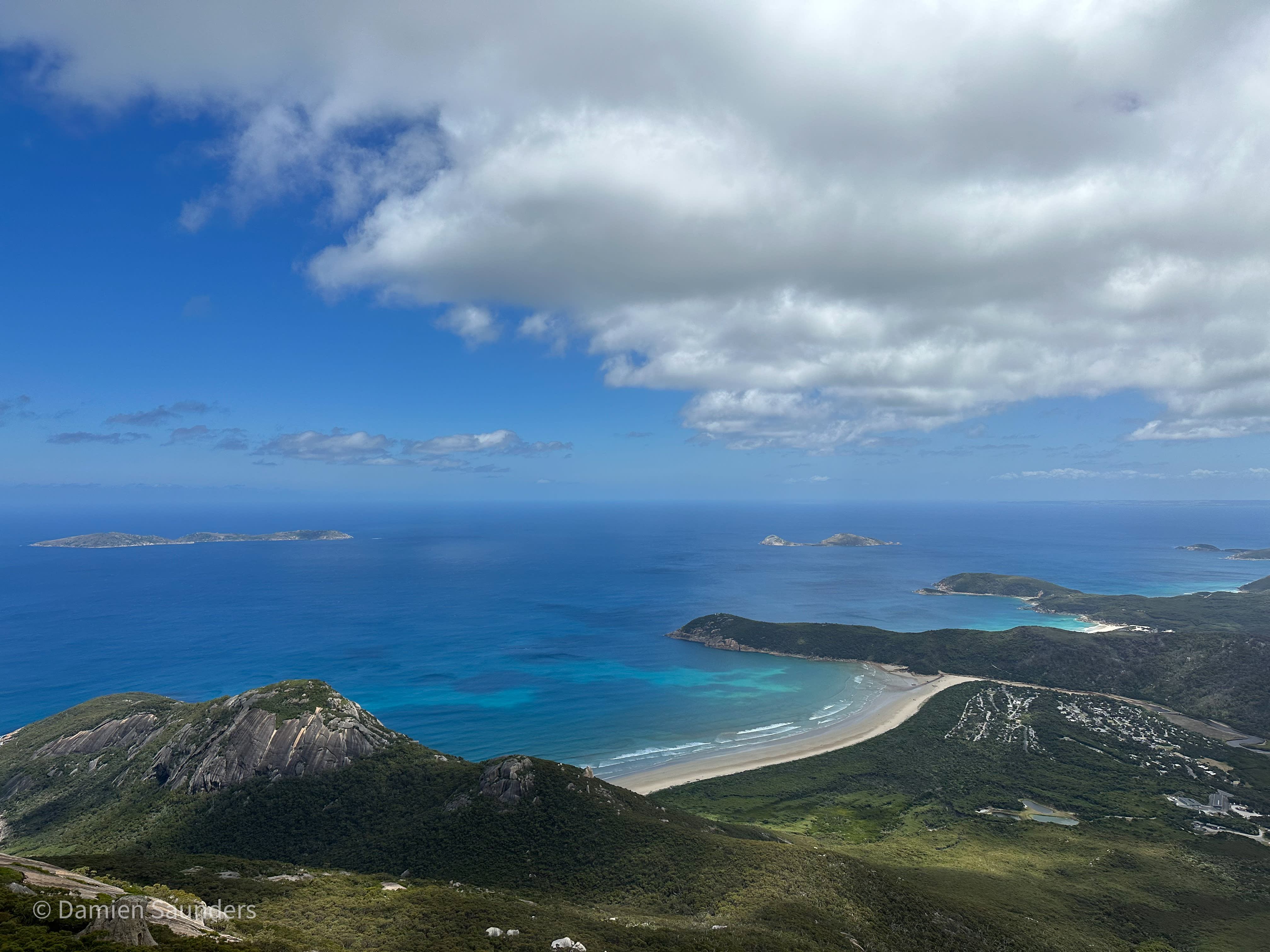Moving to a hot country can pose many challenges, especially for those with underlying health conditions like UCTD. As someone who recently moved back to Australia, I have experienced firsthand the impact of the sun and the ongoing flare of my condition.
One of my ongoing symptoms turns out to be photosensitive rashes, which can appear on various parts of my body - my forearms, face, neck and lips are most affected. While I managed to avoid these rashes during my previous visits to Australia and holidays abroad, I was not prepared for the impact of the sun’s UV and the resulting symptom flare. It became important for me to find a great GP who was able to help while waiting to find a suitable specialist. The Australian medical system is also very different to the UK NHS - medications have different prices, GP’s typically charge fees and Specialists charge fee’s too. And … I was hoping to avoid lots of these cost when I was trying to focus on a new job and setting up a home.
Based on my experience, I have compiled a list of top tips for those who are relocating to a hot country like Australia while living with UCTD:
- Wear sunscreen with at least SPF30 (or 50) every day to protect your skin from the harsh Australian sun.
- Scan and save important documents, including letters from specialists and blood tests, in case you need them during your stay in Australia.
- Bring enough medication to last at least three months or more, and ensure that you have a reliable source for refills.
- Find an understanding GP who can provide ongoing support and help you manage your UCTD symptoms.
- Spend time to find a rheumatologist who specializes in Connective Tissue Diseases like UCTD.
- Have sufficient funds to cover unexpected expenses related to your health, as relocating to a new country is expensive.
- Learn how to manage your UCTD symptoms effectively through lifestyle changes, medication, and other therapies.
What's Undifferentiated Connective Tissue Disease (UCTD)?
Typically, UCTD involves symptoms of ‘classic’ autoimmune diseases such as Lupus (SLE), Rheumatoid Arthritis (RA), Scleroderma and Polymyositis. Each of these diseases have their own characteristic symptoms. When these don’t appear, then it is categorised as Undifferentiated Connective Tissue Disease.
Wear sunscreen every day to protect your skin.
The Australian sun can be harsh and damaging, especially for those with photosensitive rashes like UCTD patients. It’s important to protect your skin by wearing sunscreen with at least SPF30 every day (apparently there is not much difference between 30 and 50). I also needed a cream that was not greasy for face and eye area.
You can also wear protective clothing, such as hats and long-sleeved shirts, to further shield your skin from the sun.
Scan and save important documents
Before you move, make sure to scan and save important documents related to your UCTD, such as letters from specialists and blood test results. This will ensure that you have access to these documents when you need them during your stay in Australia. If you have space bring a physical copy of your most recent prescriptions.
Bring enough medication to last at least three months or more, and ensure that you have a reliable source for refills.
Make sure to bring enough medication with you to last at least three months or more, and ensure that you have a reliable source for refills. You can also consult your doctor before leaving to get advice on how to manage your medication while travelling.
Find an understanding GP who can provide ongoing support and help you manage your UCTD symptoms.
It’s important to find a GP who understands your UCTD condition and can provide ongoing support and help you manage your symptoms. You can also ask for referrals to specialists, such as rheumatologists, who can provide more specialized care and support.
Spend time to find a rheumatologist who specializes in Connective Tissue Diseases like UCTD.
Don’t just rush to see the first rheumatologist you can find - I initially struggled to find someone who had interests in UCTD and I didn’t need urgent care. Make sure to spend time to find a rheumatologist who understands your UCTD condition and can provide personalized care and support, because it was more than six months before I got to see my specialist
Have sufficient funds to cover unexpected expenses related to your health, as relocating to a new country is expensive.
Relocating to a new country is never cheap. Unexpected expenses related to your health can add up quickly. Make sure to have some funds set aside to cover these expenses, such as doctor visits, medications, blood tests. Avoiding refilling prescriptions and stop taking medication can only lead to worsening of symptoms.
Manage your UCTD symptoms effectively through lifestyle changes, medication, and other therapies.
Managing your UCTD symptoms effectively requires a combination of lifestyle changes, medication, and other therapies. For example, try to avoid triggers that worsen your symptoms, such as stress and sunlight - incorporate exercise and relaxation techniques into your daily routine.
By following these tips, you can better manage your UCTD symptoms and enjoy your new life in Australia. Remember to take care of yourself and seek support whenever you need it.
Tags:
Hello ...
If you found this useful please let know me … it’s encouragement to keep writing.
I write about my personal experience living with UCTD. I was diagnosed with UCTD in 2019 and one thing I have noticed is a lack of information specific to UCTD.
read more



